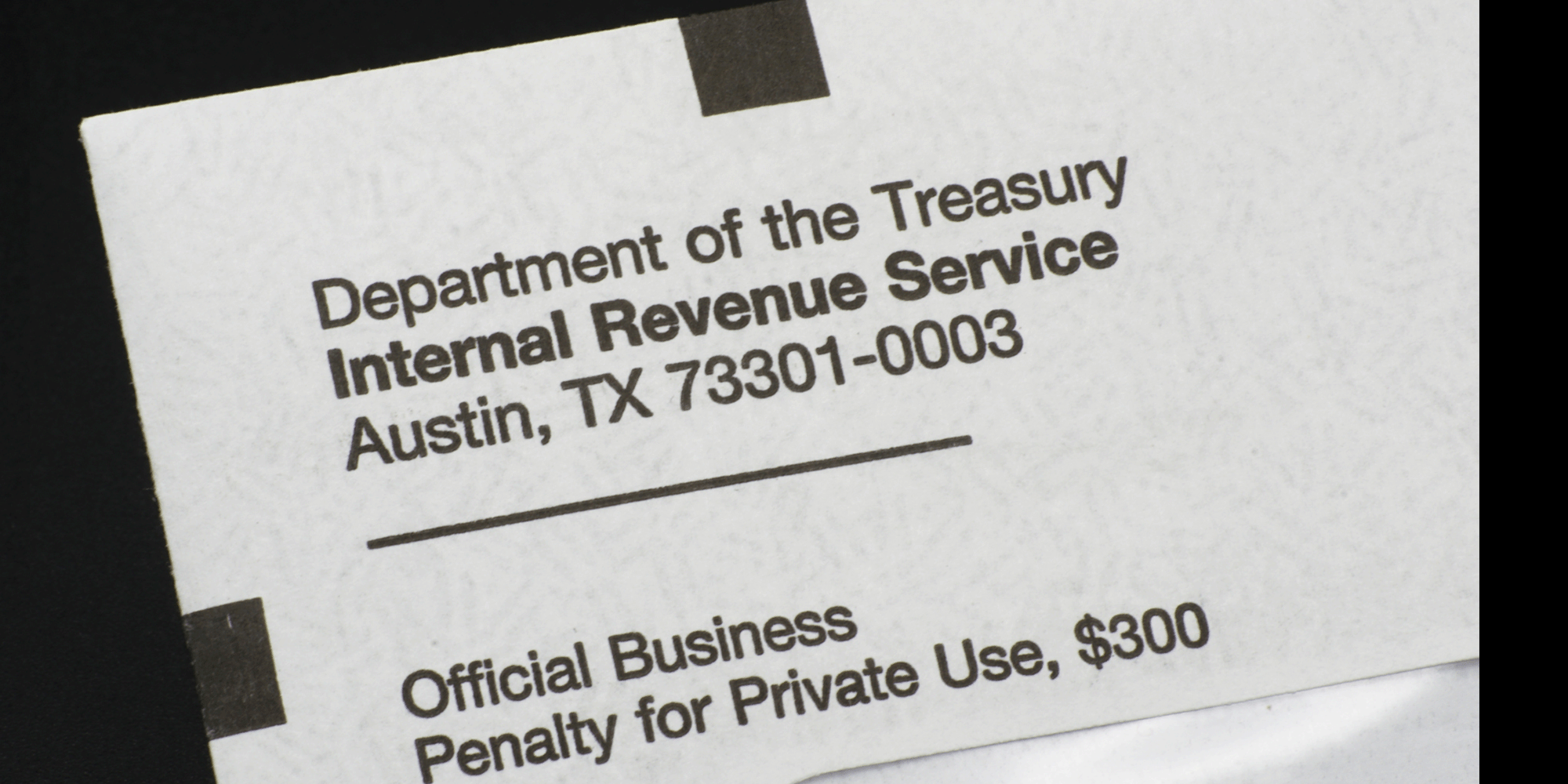The Various Types of Offers-in-Compromise
The Offer-in-Compromise program is one of the IRS's most powerful tools to collect taxes. It allows taxpayers to settle their tax debt for less than the full amount owed. An offer-in-compromise is a settlement that you offer to the IRS in order to reduce the amount of taxes you owe. It can be a great way to reduce your tax bill, but it's important to understand all of the different types of offers before you submit one.
Reasons For Offer In Compromise
There are several reasons why you might want to submit an offer-in-compromise. You may be unable to pay your full tax bill, or you may believe that the IRS owes you money. You can also use an offer-in-compromise as a way to delay collection action while you negotiate a payment plan or dispute a tax assessment.
Before you submit an offer-in-compromise, it's important to understand what options are available to you and how they could affect your ability to pay your taxes in the future.
There are many different types of offers-in-compromise. The most common are:
Full and final offers: This is an offer to pay the full amount of taxes you owe, plus interest and penalties. It's usually only available if you can't pay your taxes in full any other way.
Partial payment offers: This is an offer to pay a certain amount of the tax you owe, plus interest and penalties. This can be a great option if you have some money available but not enough to pay the full amount owed.
Doubt as to liability offers: This is an offer made when there's doubt about whether or not taxes are actually owed. For example, if you think that someone else has already paid your tax debt or that an error was made in calculating your taxes, you can make a doubt as to the liability offer.
Collection due process offers: This is an offer to settle your tax debt for less than the full amount owed, but only if the IRS has already started collection proceedings against you.
Currently not collectible status: If you can't afford to pay your taxes right now, you can apply for currently not collectible status. This will stop the IRS from taking any action against you to collect the debt, but it doesn't reduce the amount you owe.
Installment payment offers: This is an offer to pay your taxes in installments over a period of time.
Applying For An Offer In Compromise
To apply for an offer-in-compromise, you'll need to fill out Form 433-A (Collection Information Statement for Wage Earners and Self-Employed Individuals) or Form 433-B ( Collection Information Statement for Businesses). You can find these forms on the IRS website. Be sure to include all of your income and assets, as well as your debts and expenses.
You'll also need to provide a detailed explanation of why you can't pay your taxes in full. This should include information about why you think the IRS owes you money, or why you can't pay your taxes right now.
The IRS will review your application and let you know whether or not they accept your offer. If your offer is accepted, you'll need to pay the full amount of taxes, plus interest and penalties. If it's rejected, you can appeal the decision or submit a new offer.
Offer In Compromise Terms
The terms of an offer-in-compromise vary depending on the type of offer you submit. The IRS will consider several factors when deciding whether to accept your offer, including:
Your ability to pay: This includes your income, expenses, and assets. It also takes into account any debts you may have.
The amount of taxes you owe: The IRS will only accept an offer-in-compromise if it's less than the full amount you owe.
The collection potential: This is how much money the IRS could collect from you if they took action to recover the debt.
The status of your tax case: This includes whether or not you've been audited and whether or not you've filed your tax returns.
When To Use An Offer In Compromise
An offer-in-compromise can be a good option if you don't have the money to pay your taxes in full but still want to avoid having a tax lien placed on your home or other assets.
However, it's important to remember that the IRS may not always accept your offer, and you could end up paying more in interest and penalties than if you had just paid your taxes outright. So before you submit an offer-in-compromise, be sure to speak with a tax professional who can help you weigh your options.
Conclusion
An offer-in-compromise is a way to settle your tax debt for less than the full amount owed. There are several types of offers, and each one has different terms. To apply for an offer-in-compromise, you'll need to fill out Form 433-A or Form 433-B and provide a detailed explanation of why you can't pay your taxes in full.
Call me: (678) 641-3193
Posts by Tag
- tax problems (48)
- tax services (41)
- How the IRS Works (39)
- Resolving tax debt (38)
- Offer in Compromise (17)
- Tax News (13)
- 2023 Taxes (11)
- Tax Relief (6)
- filing deadline (6)
- Tax Preparation (5)
- 2020 taxes (4)
- Tax Advice (4)
- Avoiding an Audit (3)
- IRS Final Notice (2)
- Save Money (2)
- Estate Planning (1)
- Prior year returns (1)
Recent Posts
Popular Posts
Where's My Refund?
Just wanted to give you a...
An Offer-in-Compromise (OIC) is an agreement...
IRS IS CRACKING DOWN
The IRS has made it...

